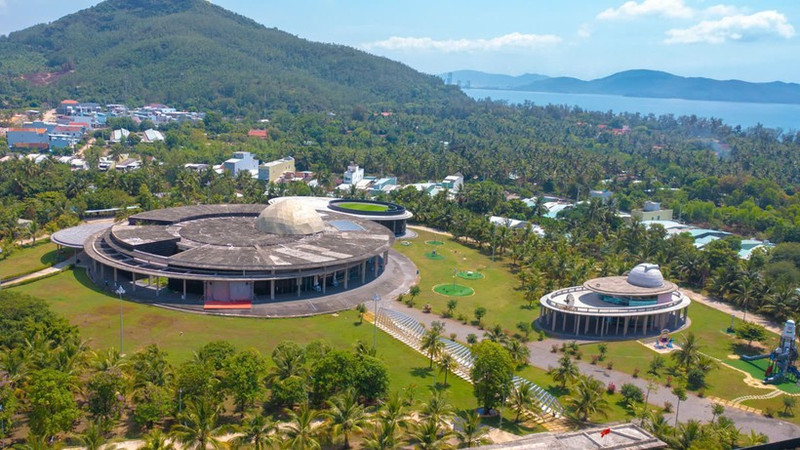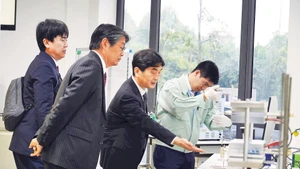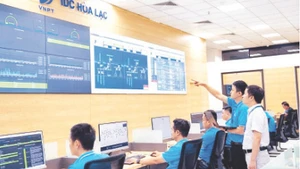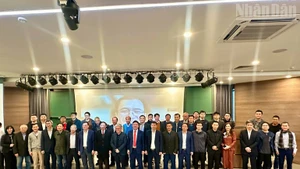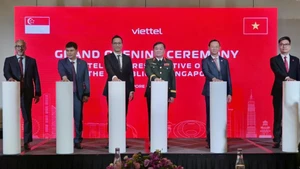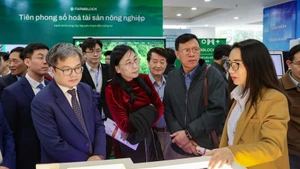The growth of Binh Dinh’s startup ecosystem
Binh Dinh is steadily emerging as a centre of innovation in Viet Nam’s Central region, largely due to its rapidly evolving startup ecosystem. The Quy Hoa Science Urban Area, along with various incubation programmes, is playing a crucial role in fostering innovation, research, and business development.
Developed with the vision of becoming a leading research centre in Viet Nam and the wider region, the Quy Hoa Science Urban Area spans 242 hectares. It boasts a green ecosystem and modern infrastructure, creating an ideal environment for scientists, researchers, technology enterprises, and creative businesses to collaborate.
A standout feature of the urban area is the International Centre for Interdisciplinary Science and Education (ICISE), which has hosted over 200 international scientific events. These gatherings have attracted more than 16,000 scientists from over 60 countries, including 18 Nobel laureates and 2 Fields Medal recipients.
Beyond hosting scientific conferences, ICISE conducts high-tech workshops and research projects, applying practical solutions in key industries such as biotechnology, artificial intelligence (AI), and clean energy. Initiatives originating from these workshops receive support for development into startup projects, benefiting from the resources provided by the innovation support fund.
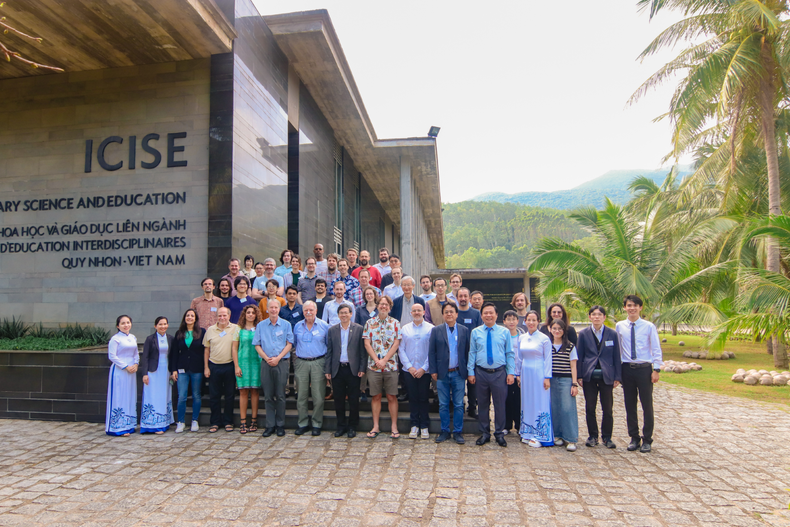
Similarly, the TMA Innovation Park, located within the Quy Hoa Science Urban Area, serves as a launchpad for startups in Binh Dinh. With a comprehensive supporting ecosystem, the park optimises conditions for startups to develop from the idea stage to practical implementation, addressing challenges and opportunities in the digital economy.
The park offers laboratories and co-working spaces equipped with advanced technologies, facilitating enterprises in testing new products and services.
According to Nguyen Ngoc Hoa, Director of the Science Discovery and Innovation Centre, Binh Dinh is actively expanding innovation support spaces to attract and nurture startups, including those from outside the province. This strategic approach aims to strengthen the province’s standing in the field of technology and innovation.
Local enterprises have committed to establishing an innovation support fund to facilitate high-tech projects, particularly those focusing on the Internet of Things (IoT), robotics, and other advanced technologies.
Binh Dinh is not only focused on infrastructure development but also on creating a collaborative environment conducive to startup growth.
Pham Anh Tuan, Chairman of the Binh Dinh Provincial People’s Committee, emphasised that the province is not only focused on infrastructure development but also on creating a collaborative environment conducive to startup growth.
Binh Dinh is calling for bold, creative projects and breakthrough solutions, pledging strong policies and an efficient support ecosystem to help businesses thrive.
With these initiatives in place, startups, enterprises, and investors can build sustainable operations in Binh Dinh, turning the province into a hub of entrepreneurship and innovation, as well as a trusted destination for domestic and international technology enterprises.
Strengthening provincial and national startup potential
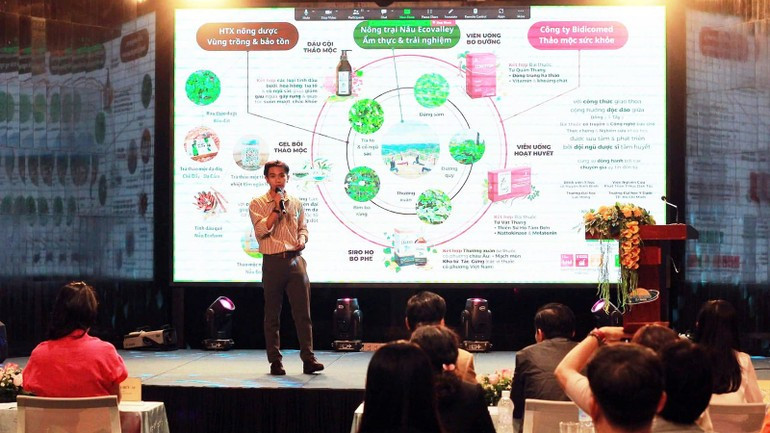
According to the Global Startup Ecosystem Index 2024 by StartupBlink, Viet Nam’s ranking has improved from 58th place in 2023 to 56th in 2024, reflecting steady progress in innovation.
Cities such as Ha Noi and Ho Chi Minh City are now listed among the top 200 global startup cities, while Da Nang has entered the top 1,000.
Do Tien Thinh, Deputy Director of the National Innovation Centre (NIC), pointed out that for Binh Dinh to retain innovative startups, the province must implement preferential policies that encourage long-term business investment.
Referring to Taiwan (China)’s success with TSMC, the world’s largest chip manufacturer, Thinh stressed the importance of initial seed capital in startup development. He recommended that government funding, even as little as 5%, can play a crucial role in building trust and attracting major investors—an approach that Binh Dinh could adopt.
Nguyen Tien Quang, Director of the Viet Nam Federation of Commerce and Industry (VCCI)’s Office for the Central and Central Highlands regions, revealed that over 120,000 enterprises are currently operating in Da Nang, Quang Nam, Binh Dinh, and Thua Thien Hue. However, this number remains significantly lower than in the Northern and Southern regions.
The main challenge facing Central provinces is a lack of close economic integration, resulting in fragmented competition and inefficient resource allocation.
Most Central enterprises are small and medium-sized, even micro-sized, limiting their resilience to challenges and their ability to drive economic growth, which remains a headache for authorities and the business community.
The main challenge facing Central provinces is a lack of close economic integration, resulting in fragmented competition and inefficient resource allocation. Overcoming these barriers could unlock the region’s full potential.
Dinh Thi Thuy, Vice Chairwoman of MISA Group Joint Stock Company, highlighted innovation as the key driver of provincial development. Over the years, MISA has built platforms supporting small and micro enterprises, particularly in finance and taxation.
She stressed the growing importance of artificial intelligence (AI) in the modern business landscape. Enterprises that effectively integrate AI will gain a competitive advantage, paving the way for breakthroughs in business management and operations.
